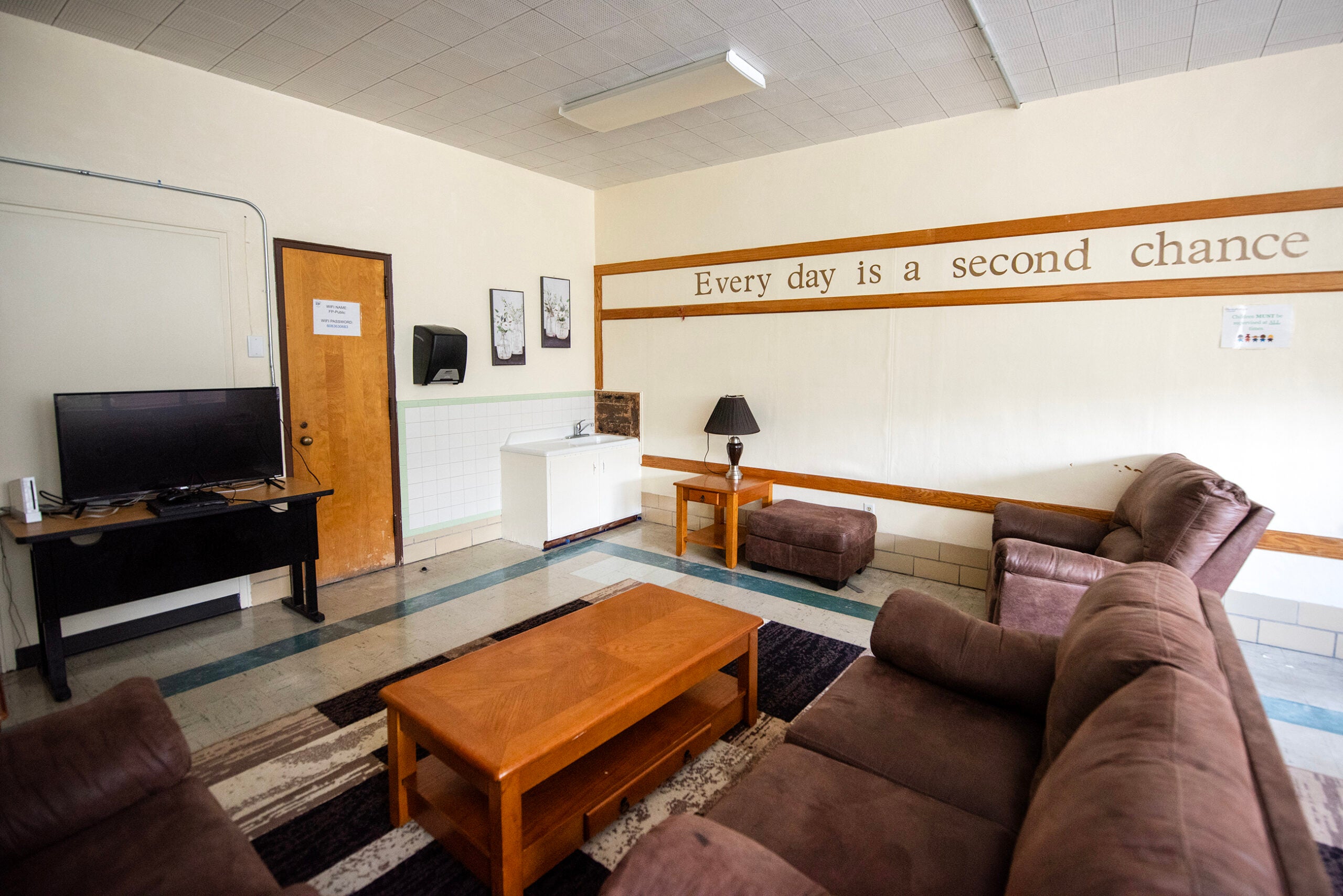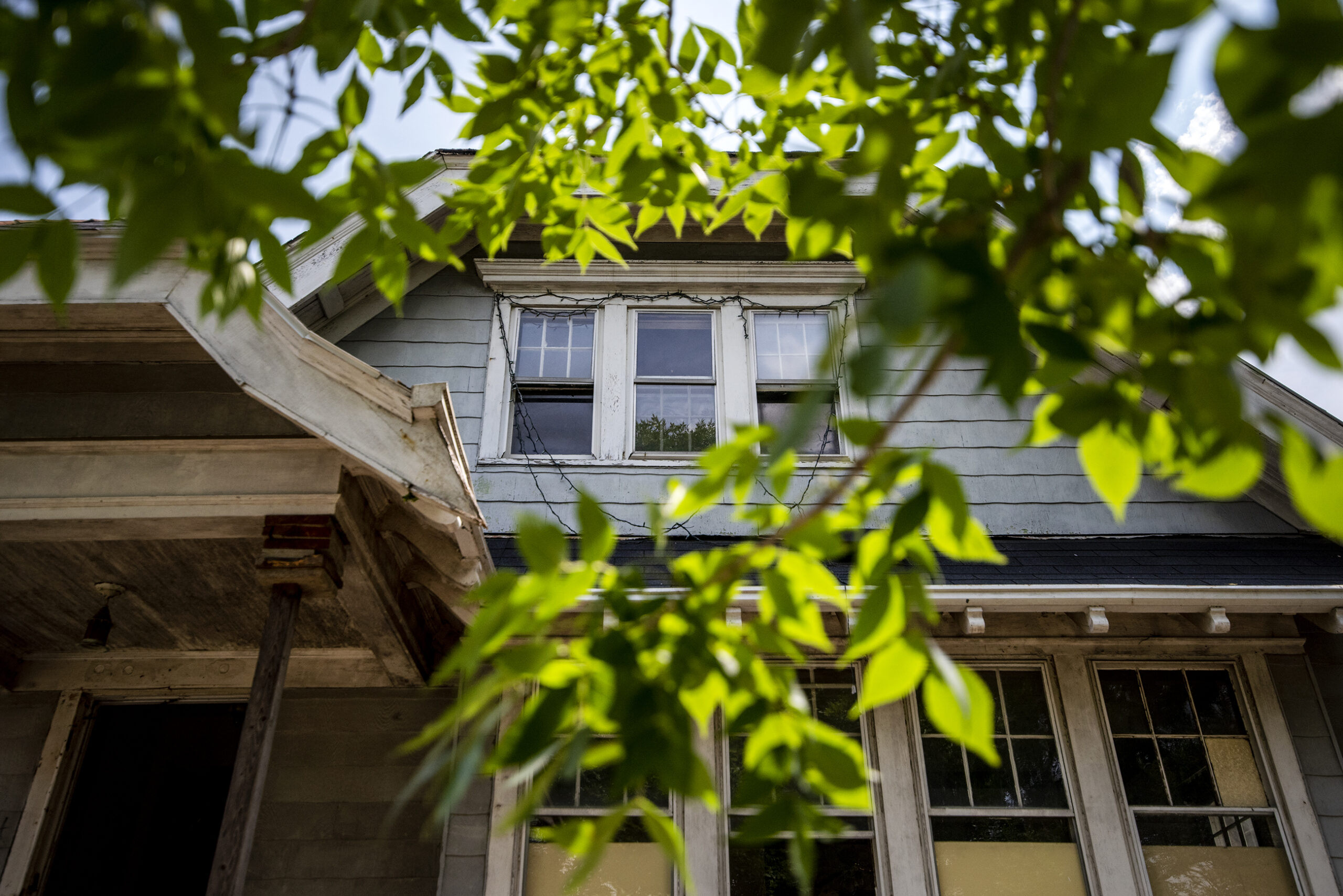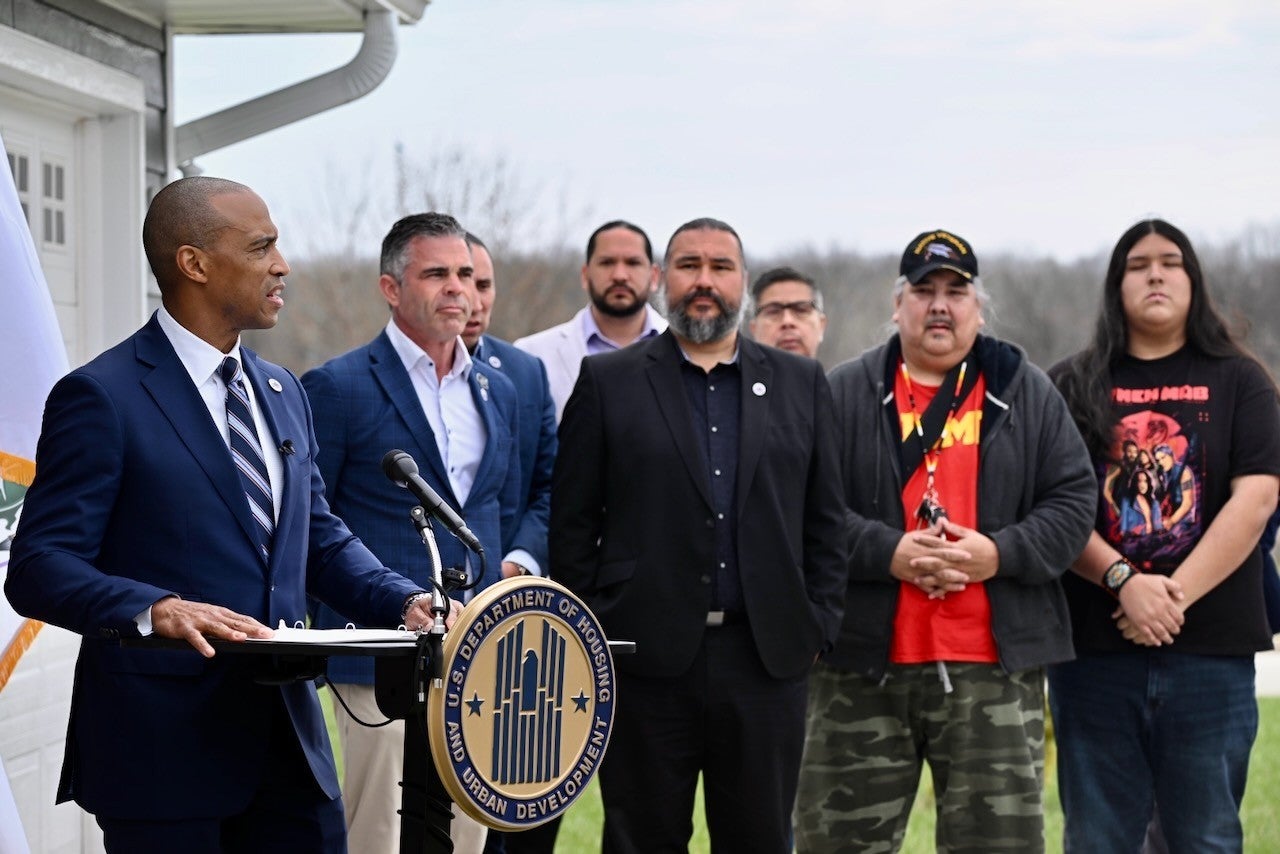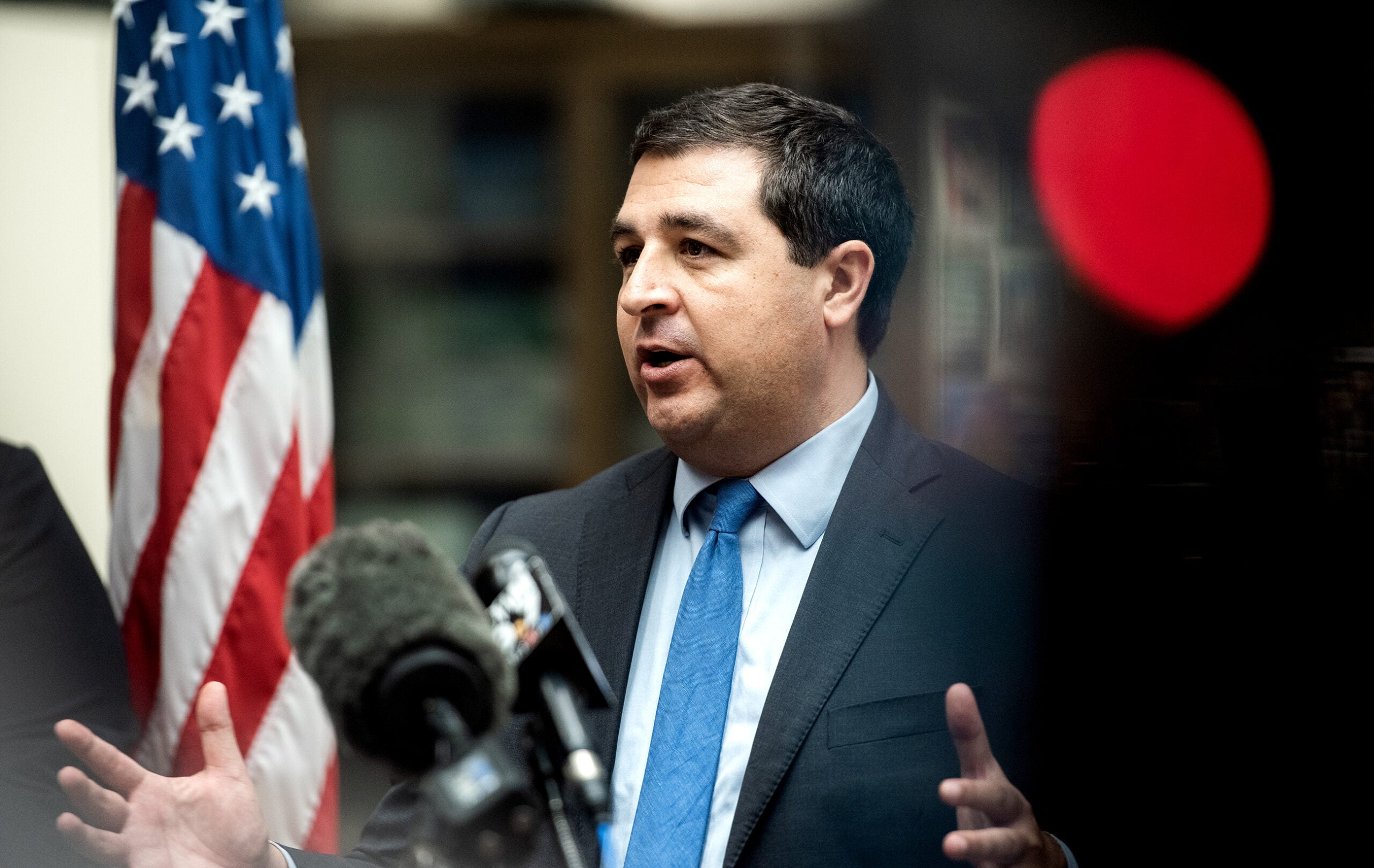Advocates for renters and landlords are hopeful that hundreds of millions of dollars in federal rental assistance aid will prevent a wave of evictions at the end of the month. An eviction moratorium, which has been extended twice during the COVID-19 pandemic, will expire June 30.
Wisconsin Community Action Program Association housing policy director Andy Heidt told WPR he’s nervous about what might happen after the CDC’s eviction moratorium ends.
“If people aren’t taking steps to access emergency rent assistance and working with their landlords, there could potentially be a surge in evictions,” said Heidt.
News with a little more humanity
WPR’s “Wisconsin Today” newsletter keeps you connected to the state you love without feeling overwhelmed. No paywall. No agenda. No corporate filter.
There is a vast pool of rental assistance available, said Heidt, and anyone who makes less than 80 percent of the median income in their area can qualify if they’ve been financially impacted by the pandemic.
The Wisconsin Community Action Program Association is helping oversee the distribution of federal rental and utility assistance through 18 agencies as part of the Wisconsin Emergency Rental Assistance Program.
Heidt said now is the time to get people connected with assistance.
“We can keep folks stable in their housing,” said Heidt. “We can pay up to 15 months of assistance, including utility bills. So it could be pretty major support for people.”
He said more than $33 million has gone out to 9,600 households across Wisconsin through community action agencies. That’s separate from city and county emergency aid programs in cities and counties with more than 200,000 residents. Heidt said the average payments in more rural areas has been $3,413.
He said he’s somewhat concerned about rental assistance programs being run by city or county officials not being able to process applications quickly enough.
“Dane got a slow start,” said Heidt. “It’s taken 60 days to process applications. I think they’re speeding that up now. But if I’m a landlord waiting 60 days, even if I don’t evict, I’m not going to renew that lease, probably.”
Gary Goyke is a former state lawmaker and current legislative council for the Wisconsin Apartment Association. He said the state’s emergency rental assistance program has been effective at getting assistance to tenants, which in turn has helped landlords pay their bills.
Goyke said early in the pandemic, federal and state rental assistance was going mostly to urban areas, but since COVID-19 cases spiked in December and January, he’s seen more assistance going to rural counties across the state.
Goyke is hopeful the federal and state assistance will prevent a spate of evictions, which he said are costly for everyone involved. Recently, Goyke said Wisconsin Apartment Association members have been moving toward using mediation to settle disputes between renters and landlords as opposed to getting court ordered evictions.
“People that I’ve known in the industry for 20 years who would have scoffed at the concept of mediation as being practical, have changed and have realized that setting up systems in which we can talk through and work through these situations is better than what happens through eviction itself,” said Goyke.
Wisconsin Public Radio, © Copyright 2025, Board of Regents of the University of Wisconsin System and Wisconsin Educational Communications Board.







